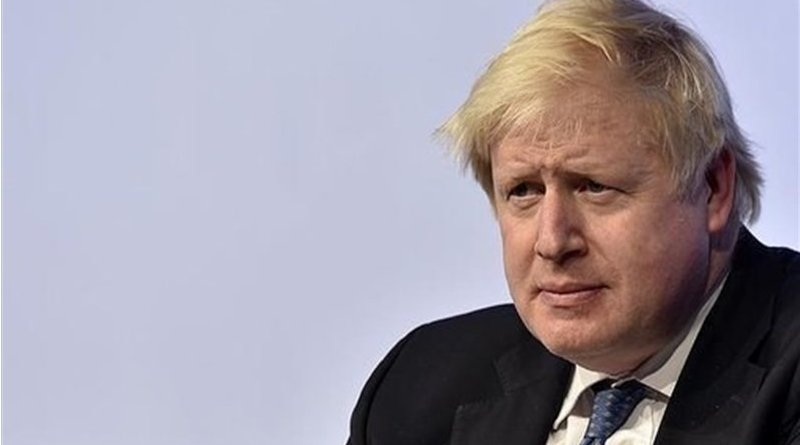Crunch Week For Europe – OpEd
By Arab News
By Andrew Hammond*
This week’s EU summit could be one of the most important ever. On the agenda is not just Brexit, but also the future of the EU well into the 2020s with a new European Commission and president.
Several key domestic debates about the EU’s future are under way, quite aside from foreign policy questions. Subjects include rebalancing the union after Brexit, and the future of the euro and Schengen zones.
After Brexit, presuming the UK does indeed leave, the EU will need to reform to reflect the withdrawal of one of its largest member states. This has already led to suggestions on how to restructure the number of members of the European Parliament, qualified majority voting, the EU’s budget, staffing, and language requirements.
More broadly, the union’s center of power may shift significantly, with unclear consequences. The European Parliament’s own tough stand on Brexit can be seen as it asserting itself because of a fear that large member states may reach an agreement leading to a potential shift away from the EU’s supranational institutions toward a more intergovernmental union.
A broad range of EU policy could also be changed in turn, altering the political economy of the union. The UK’s influence over the EU can often be overlooked, not least by its own people, thanks in part to its reputation as an awkward partner.
This sometimes confuses popularity and effectiveness. The UK has, in fact, pushed for an enlarged union in which deregulation and free-market economics are the norm. Attempts to move away from this, for example in tax harmonization, could take a step forward without London as a blocker.
However, until an exit deal is agreed and implemented, or the timeframe of Article 50 expires, the UK remains a member of the EU with all the same rights and powers as any other, with the exception of not participating in discussions about how to handle Brexit negotiations. This has catalyzed discussion in Boris Johnson’s government about whether UK ministers should threaten to disrupt EU business as a means of leveraging a better exit deal.
It is in this context that there are significant question marks over outcome of this week’s Brexit negotiations between the UK and the EU. Johnson insists that Britain will leave on Oct. 31 come what may, so another big political few days lie ahead. The House of Commons will meet on a Saturday for the first time since the Falklands War in the 1980s, and Johnson is expected to force a vote on any deal he may reach at the Brussels summit.
If the prime minister fails to obtain a deal, he is legally required to request a three-month Brexit delay, and speculation is centering on other avenues he may pursue to leave at the end of the month.
One option is to observe the letter of the law by asking for an extension, but then to submit a second letter to the EU saying he doesn’t want an extension. A related option would be to ask for an extension, but try to persuade one of the EU member states to veto it. A third option is a scenario in which the EU grants an extension, but proposes a date other than Jan. 31. MPs would have the power to reject that, leaving open the possibility of a no-deal Brexit. Other scenarios are for Johnson to resign, or even ignore the law; the latter would lead to legal action that could go all the way to the Supreme Court.
Especially if Johnson does disobey the law, another possibility is that opposition MPs try to defeat the government in a no-confidence vote, in which case an alternative government may emerge to take over from Johnson, adding to political flux in London.
- Andrew Hammond is an Associate at LSE IDEAS at the London School of Economics

